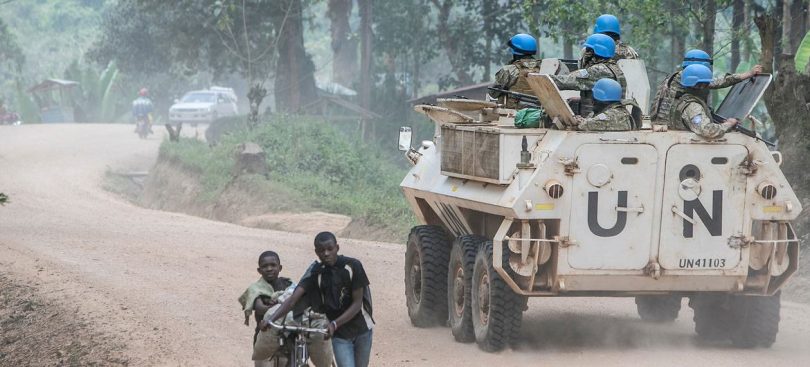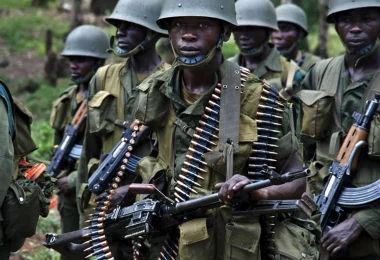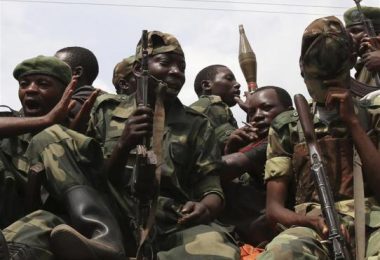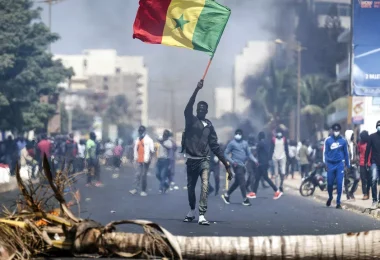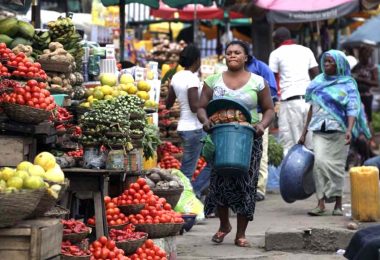The United Nations is set to initiate a phased withdrawal of its peacekeeping mission from the Democratic Republic of Congo (DRC), despite ongoing concerns about escalating violence, particularly in the eastern regions of the country. This decision aligns with the expiration of the annual mandate of the UN peacekeeping mission, known as Monusco, coinciding with the high-risk presidential and parliamentary elections in the conflict-ridden DRC.
In recent months, the Congolese government has been advocating for an “accelerated” withdrawal of UN peacekeepers, pushing for an end to the mission by the close of 2023 rather than the initially planned 2024. The government’s stance is fueled by the belief that Monusco has been ineffective in safeguarding civilians from the myriad of armed groups and militias that have destabilized eastern DRC for decades. This criticism echoes similar sentiments from other African nations, such as Mali, which has called for the urgent departure of UN peacekeeping forces.
Despite domestic pressures, several members of the UN Security Council, including the United States, have expressed reservations about the readiness of Congolese forces to assume Monusco’s role in ensuring civilian security. The DRC government’s approach to hastening the withdrawal, though less aggressive than Mali’s, aims to influence the Security Council’s decision.
As per a draft resolution expected to be adopted by the Council, a “gradual, responsible and sustainable withdrawal” of Monusco is planned. This process, agreed upon in November between Kinshasa and Monusco, includes a first phase of peacekeeper withdrawal from South Kivu province by April 2024, commencing before the end of 2023.
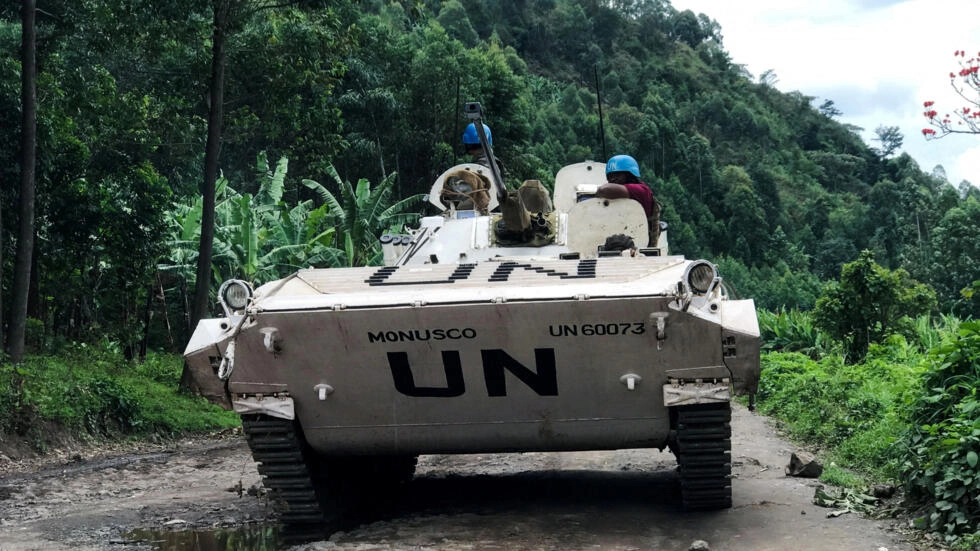
UN peacekeepers patrol areas roamed by M23 rebels fighters in North Kivu, in the east of the Democratic Republic of Congo, in March 2022. © Djaffar Sabiti, Reuters
From May 2024, Monusco’s presence will be limited to North Kivu and Ituri provinces, with a reduction in personnel strength by about 2,350 from its current authorized maximum of around 13,800 military and police personnel. The progression of further withdrawal will hinge on an evaluation report due by June 2024.
The UN peacekeeping force has had a presence in the DRC since 1999, with the Security Council progressively working towards the transfer of responsibilities to Congolese forces, targeting the start of withdrawal by 2024. Amid these developments, Bintou Keita, the head of Monusco, has raised alarms about the heightened risk of direct military confrontation between the DRC and Rwanda.
The draft resolution, while promoting calm and dialogue between the DRC and Rwanda, condemns any external support for armed groups like the M23 (March 23 Movement) and the FDLR (Democratic Forces for the Liberation of Rwanda). In their last report, UN experts claimed to have found new evidence of direct intervention by Rwandan defense forces in the DRC, particularly in support of M23 and FDLR.
This unfolding scenario presents a complex and challenging environment for the DRC as it navigates its internal conflicts and external diplomatic tensions, even as it moves towards a future without the presence of UN peacekeepers.

